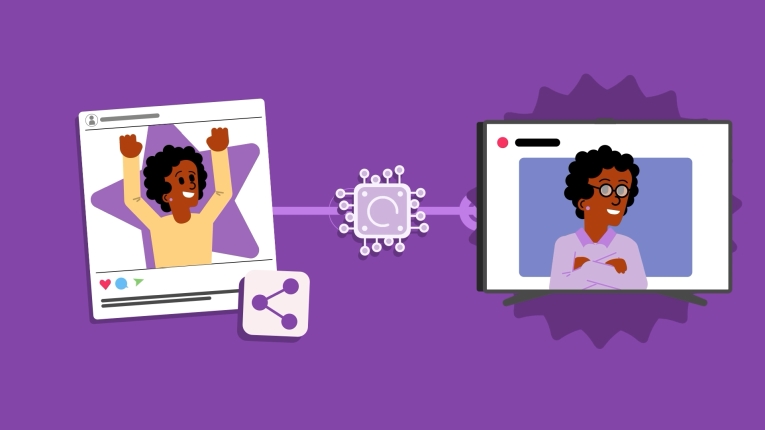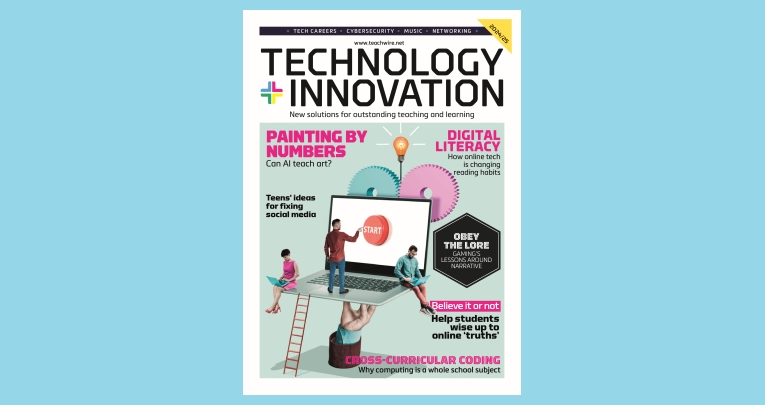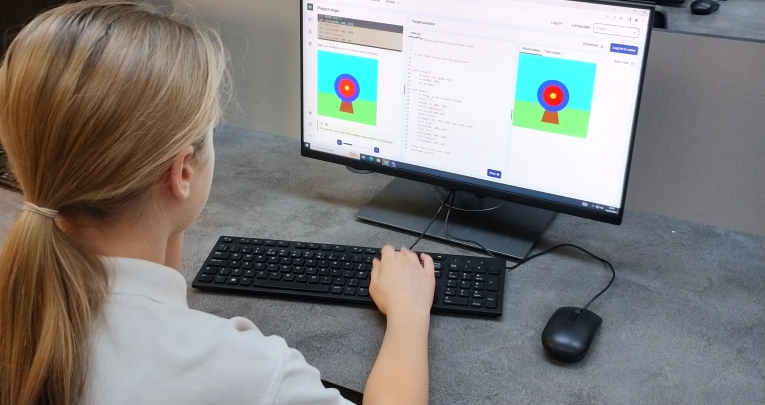Meet the looming opportunities and concerns of the AI revolution head-on with these safety resources aimed at KS3 learners…
The rapid development and growing adoption of artificial intelligence technologies has caused school leaders to grapple with all manner of questions regarding ethics, safety and the wellbeing of their school community.
Of these, there are perhaps two key questions that hold particular urgency. How do we ensure that young people aren’t accessing or creating harmful or inappropriate content online through generative AI? And how can we be certain that their data and intellectual property are properly protected?
“This is a powerful and much-needed set of resources.”
The ‘AI Safety’ series provides the essential information educators will need to confidently run activities and discussions in relation to AI safety. The resources form part of Experience AI – an AI literacy program co-developed by the Raspberry Pi Foundation and Google DeepMind to equip teachers with the tools to engage young people while fostering a passion for, and understanding of the subject.
The materials on offer are grouped into three distinct sessions, focusing on ‘Your data and AI’, ‘Media literacy in the age of AI’ and ‘Using AI tools responsibly’. They’re well-designed, and should succeed in their aim of empowering learners to interact purposefully with the topics presented, becoming more analytical and effective users of AI technologies in the process. The three sessions are essentially standalone and can be completed in any order, but follow a similar structure in that they start with a video introducing a key concept, followed by a selection of offline activities that teachers can pick from and use as the basis for guided class discussions.
The materials for each session include a detailed lesson plan, a slide deck and activity worksheets. Said activities variously include an escape room-style challenge, a poster creation task, a ‘business boss’ game and a roleplay activity that involves students assuming the role of data detectives.

Students will be tasked with calling upon their own knowledge of AI and AI-adjacent apps for some activities – including one where they’ll be required to detect ‘digital dopplegangers’ and another where they’ll be wielding a ‘personalised emoji creator’. Objectives, competencies and key vocabulary are provided for all sessions, alongside a clearly presented video that’s just a couple of minutes long. The videos are intended to act as springboards for further discussion and follow-on activities, so that students can develop a more nuanced understanding of how generative and large language model AIs work in practice.
This is a powerful and much-needed set of resources that will help students more rigorously evaluate the role AI is set to play in shaping their lives, while enabling them to safely navigate the dilemmas and predicaments associated with issues of data privacy, misinformation, fact-checking and deepfakes.












